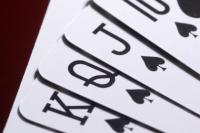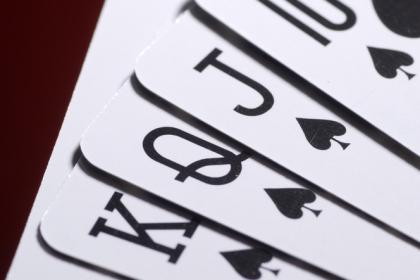 A judge in Virginia has thrown out a poker hall owner’s argument that poker is a game of skill during a case following the closure of a number of venues. Charlie Daniels, owner of the Poker Palace, enlisted the esteemed poker pro Greg Raymer to push the issue after his was one of a number of poker rooms in the city of Portsmouth to be shut.
A judge in Virginia has thrown out a poker hall owner’s argument that poker is a game of skill during a case following the closure of a number of venues. Charlie Daniels, owner of the Poker Palace, enlisted the esteemed poker pro Greg Raymer to push the issue after his was one of a number of poker rooms in the city of Portsmouth to be shut.
In the first instance, Daniels and lawyer Marvin Miller set out show the state law to have too many vagarities. Chief among these was Virginia anti-gambling laws not covering poker and that it “couldn’t reasonably be subject to the law.” That was when they trotted out the archaeologist. Greg Raymer’s 15-minute demonstration (during which we hope he was dressed in a dinosaur suit) described the skills you need to be a poker player. He finished by explaining how a better poker player could gain an advantage over a weaker one. Unfortunately for these three amigos, the judge was having none of it.
Judge Thomas Shadrick chaired the case and wasn’t persuaded by the arguments put forward. He disagreed the law was “vague” stating: “an average citizen could understand the intent of the law.”
He added: “While poker does involve skill, each individual hand has an uncertain outcome and is thus subject to chance.”
Shadrick’s comments identify the crux of why this argument rarely reaches anything but a futile conclusion. Alfred Denning’s analysis of why this argument is ultimately flawed is as good as anything we’ve seen and goes a long way to dispel the myth that poker as skill should be the place to turn in their hour of need.
Cash play is never going to get through with the “skill gaming” excuse because there will always be a larger element of luck involved. Over the course of a tournament, it could be successfully argued that skill prevails and this is definitely present when you see the same names competing at final tables on a regular basis. It therefore doesn’t mean that skill isn’t present in the poker industry – far from it. It’s just that for skill to prevail, the game has to take place over a longer period of time or there’s just as much luck on the outcome as there is on a game of dice.
